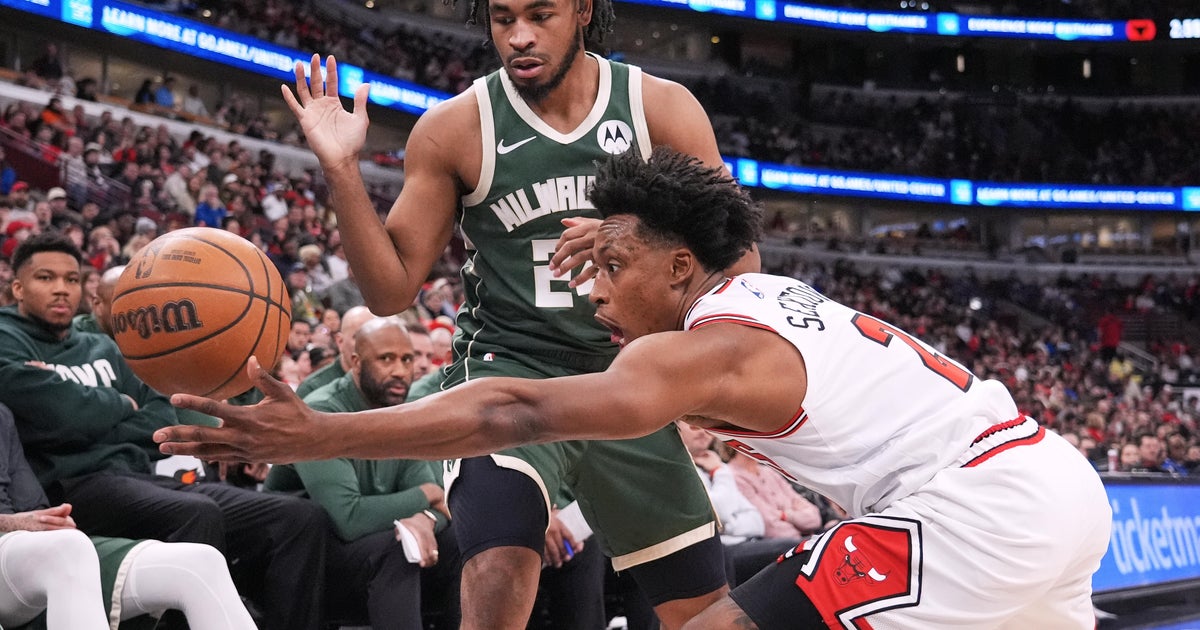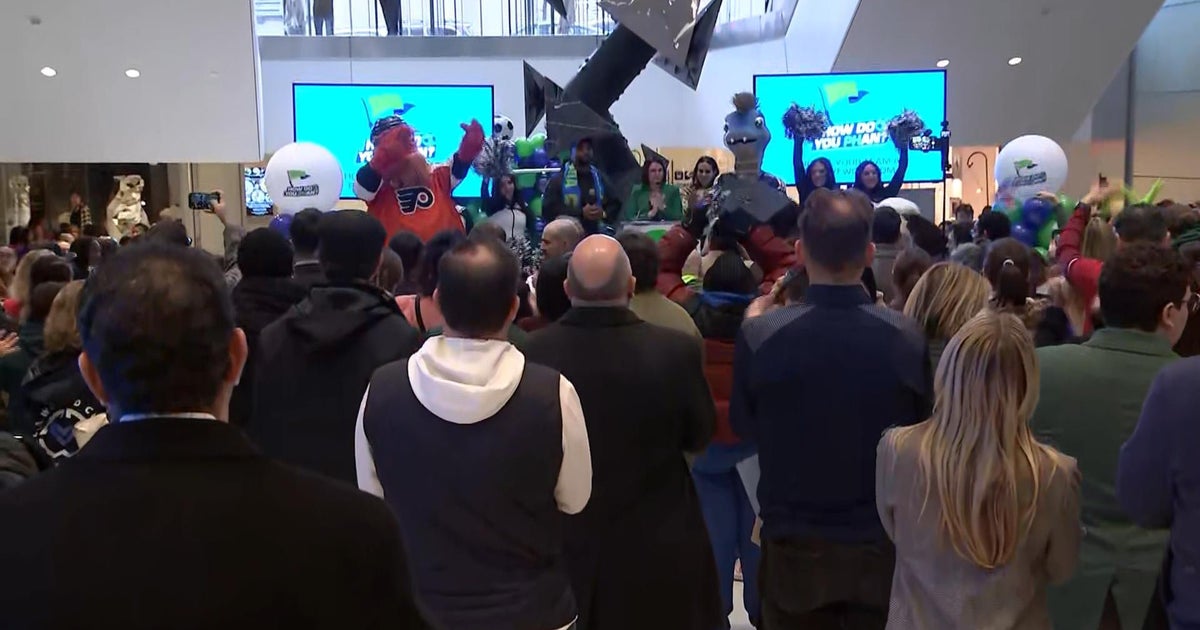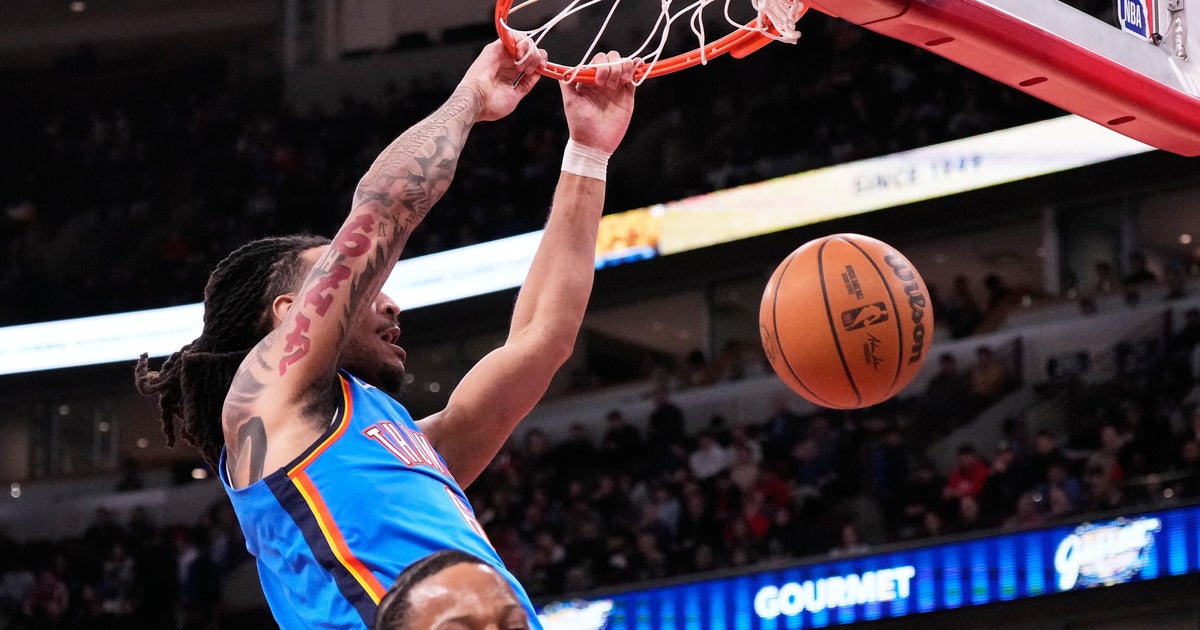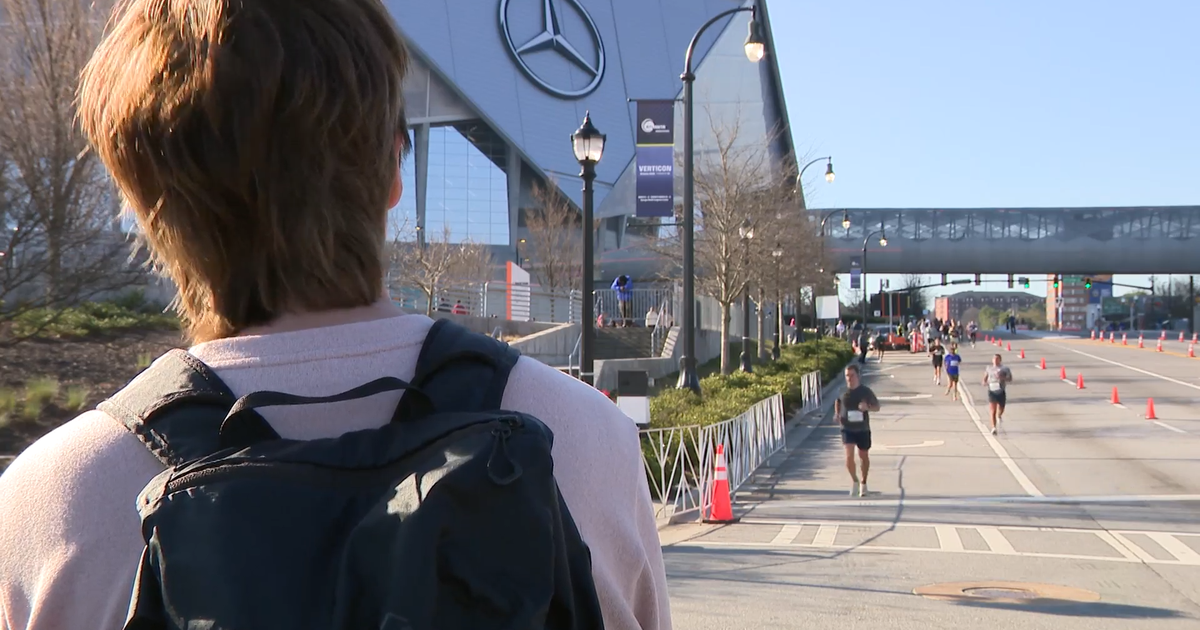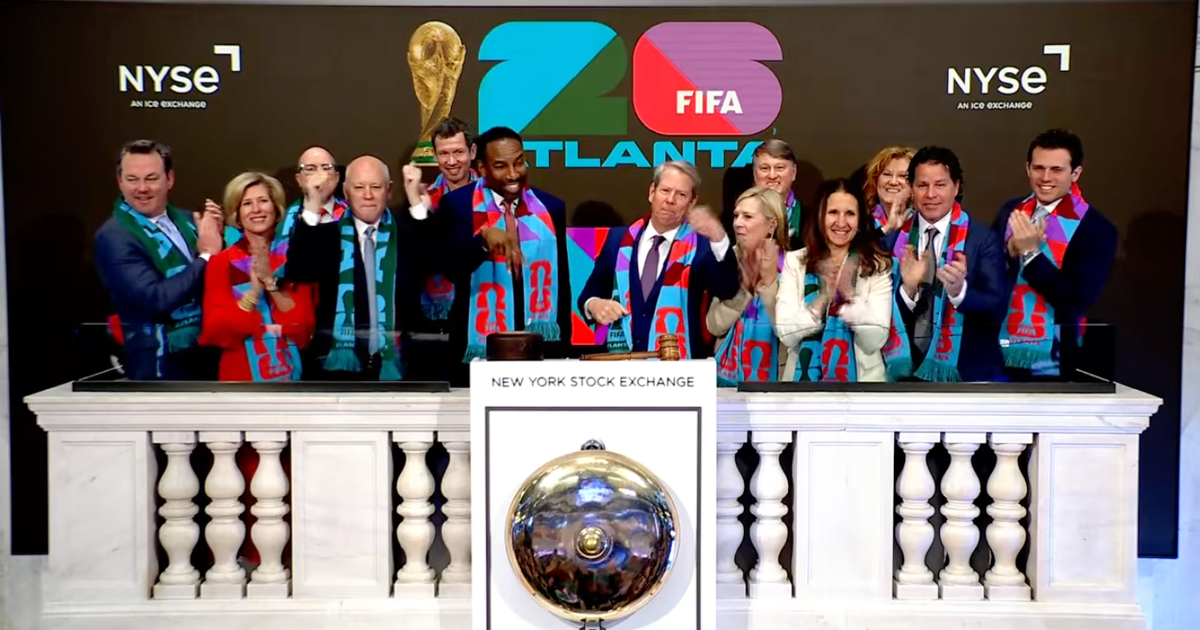Hoge: Chicago A Fitting Venue For Historic U.S. Ryder Cup Collapse
By Adam Hoge-
MEDINAH (CBS) It's hard to pinpoint the exact moment, but some time Sunday the confidence among American fans on Medinah No. 3 turned to nervousness, then doubt, and then, of course, complete shock.
On the 15th hole, the "Is this actually happening?" realization seemed to come when Jim Furyk came up short of the green on a chip that wasn't more than 30 feet from the hole. By then, the Europeans had already won the first five matches of the day and it was becoming pretty obvious that Furyk was going to have to hold on to his one-hole lead if the Americans wanted to avoid a historic collapse.
Suddenly, a raucous crowd outside Chicago that had been called by many on Saturday "the greatest crowd in the history of golf" was being dwarfed by the minority of Europeans that circled the 15th green. It was hard to blame the Chicagoland gathering, since in this city, collapses have become a regular occurrence recently.
Furyk ended up heading to the 16th hole with his lead in hand, but the chip that looked more like one a member at Medinah would hit rather than a PGA Tour veteran was an indication that all the Ryder Cup pressure had fully shifted to the American side and it was getting to the players.
Sure enough, Furyk bogeyed 17 and 18, allowing Sergio Garcia to earn the Europeans a crucial swing point with measly pars on a course with no rough that played relatively easy all weekend.
Furyk's collapse shifted all the pressure to Steve Stricker, who also stumbled on 17, allowing Martin Kaymer to complete a comeback that was only matched by the Americans' unlikely surge at Brookline in 1999.
And when Kaymer's putt fell on 18 to clinch the Ryder Cup, European captain Jose Marie Olazabal glanced at the sky and burst into tears realizing the nearly impossible had happened.
"On Friday I sat down with Bernhard (Langer) and talked to him a little bit about the Ryder Cup because my attitude wasn't the right one," Kaymer said. "But now, after that match today against Steve (Stricker), I know how important the Ryder Cup became and is for Olazabal."
21 years ago, it was Langer, Kaymer's German countryman, who missed a decisive putt at Kiawah that cost the Europeans the Ryder Cup. But Sunday, it was Kaymer clinching a win that was of extra importance to a European team that wanted to win it in memory of the late Seve Ballesteros, who help launch the European Ryder Cup surge in the 1980s.
Olazabal played a big part in European Ryder Cup victories alongside Ballesteros and spoke frequently this week about how much it would mean to win this Cup for his good friend.
"He was a big factor for this event, for the European side, and last night we were having that meeting, I think the boys understood that believing was the most important thing. I think they did," Olazabal said.
It was pretty clear from the start that the Europeans believed they could erase the Americans' 10-6 lead going into Sunday. Olazabal stacked his pairings with his strongest players early and they delivered by winning the first five matches. Luke Donald, a Northwestern grad who resides outside Chicago, set the tone by beating Bubba Watson 2 & 1 in a match that wasn't as close as the final score indicated.
"Well, that was my job as the guy leading off to go out there and get the first point and put some blue on the board early," Donald said. "Hopefully I gave the guys plenty of inspiration."
Clearly he did, as Ian Poulter delivered in the next by taking the final two holes in a match he never led until Webb Simpson bogeyed 17.
"Last night that team room was buzzing," Poulter said. "We just knew we had a chance and you know what? This is history right here. This has been unbelievable."
Rory McIlroy followed by beating Keegan Bradley, the Americans' hottest player, despite nearly missing his tee time. McIlroy said he mixed up the Central and Eastern Timezones and had to be taken to the course in a police car just to make his match in time.
Then it was Justin Rose, who simply rose to the occasion with birdies on 17 and 18 to overcome a one-hole deficit and beat Phil Mickelson.
Of course, for the Europeans to complete such an unlikely comeback, they needed some help. While they deserve a ton of credit for coming out firing as they did Sunday, the poor performances by a few of the Americans didn't help.
Ian Poulter was a perfect 4-0 over the weekend, but Simpson's bogey on 17 helped the Englishman stay undefeated. And had either Furyk or Stricker hit putts they usually make -- Furyk on 18 and Stricker on 17 -- Tiger Woods would have had a chance to win the Cup for the Americans on 18.
"I am disappointed that I let 11 other players down and the captains," Stricker said. "And probably there at the end, Tiger and I (had a chance) to probably get some points. And I didn't. So that's disappointing."
But Stricker's struggles told the story Sunday. The Americans left the door open and a hungry European took advantage. Sound familiar?
"We are all kind of stunned," U.S. Captain Davis Love III said. "We know what it feels like now from the '99 Ryder Cup."
Unfortunately, it's a feeling that has become all too familiar in Chicago these days.
Adam is the Sports Editor for CBSChicago.com and specializes in coverage of the Bears, White Sox and college sports. He was born and raised in Lincoln Park and attended St. Ignatius College Prep before going off to the University of Wisconsin-Madison where he earned a Journalism degree. Follow him on Twitter @AdamHogeCBS and read more of his columns here.
